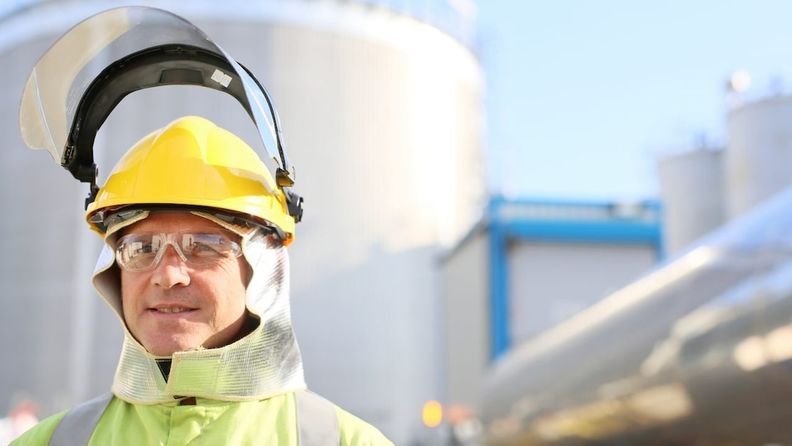As pyrolysis oil cannot be used as is, Shell Chemicals Europe is currently constructing a new pyrolysis oil Market Development Upgrader (MDU) unit at the Shell Chemicals Park in Moerdijk, the Netherlands that will improve its purity and make it suitable for use as feedstock for the its naphtha crackers. The unit will have an annual capacity of 50,000 tonnes and use technology from BlueAlp, with which Shell entered into a joint venture last year.The MDU is expected to start up later this year.
Once in the steam cracker, the upgraded pyrolysis oil, together with the naphtha in the cracker, is ‘cracked’ into smaller molecules that serve as the building blocks for downstream production of, among others, mass-balanced circular plastics. These can be used to make contact sensitive plastic packaging, which is designed for various contexts such as animal nutrition, food contact, medical devices, and cosmetic products.









